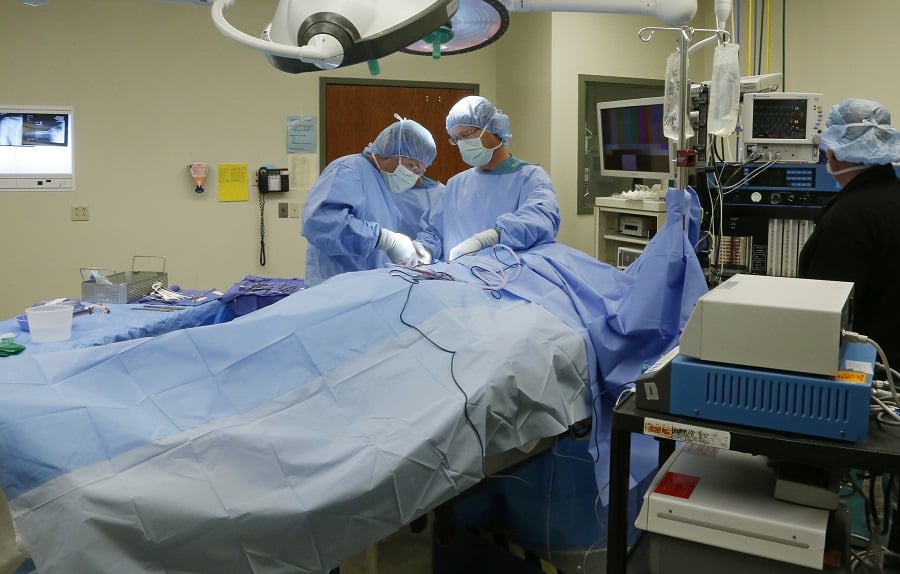 An attorney for the former Centura Health patient said testimony in the case revealed just how murky hospital billing can be and how some patients are targeted for whopping bills to make up for those who pay substantially less for the same services. (Photo: Shutterstock)
An attorney for the former Centura Health patient said testimony in the case revealed just how murky hospital billing can be and how some patients are targeted for whopping bills to make up for those who pay substantially less for the same services. (Photo: Shutterstock)
A Colorado jury declared a hospital's billing unreasonable, turning aside its lawsuit demanding almost $230,000 from a patient whose insurer already covered the cost of her surgery.
The patient had already paid her deductible and her insurer had paid the hospital about $75,000, which an audit deemed the “reasonable value of the goods and services” she had been provided, her lawyer said.
Recommended For You
Complete your profile to continue reading and get FREE access to BenefitsPRO, part of your ALM digital membership.
Your access to unlimited BenefitsPRO content isn’t changing.
Once you are an ALM digital member, you’ll receive:
- Breaking benefits news and analysis, on-site and via our newsletters and custom alerts
- Educational webcasts, white papers, and ebooks from industry thought leaders
- Critical converage of the property casualty insurance and financial advisory markets on our other ALM sites, PropertyCasualty360 and ThinkAdvisor
Already have an account? Sign In Now







